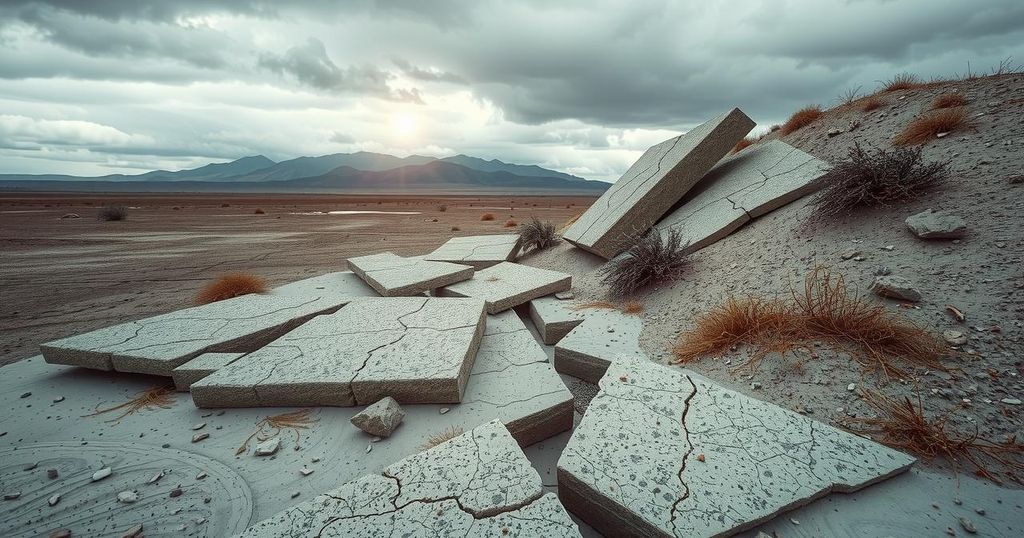The conflict in the DRC has escalated dramatically, fueled by the M23 rebel group’s recent takeover supported by Rwanda, resulting in numerous civilian casualties and displacements. President Kagame’s portrayal of the situation and the West’s uncritical support for his regime raise significant concerns regarding regional stability and human rights. With fears of renewed ethnic violence, international intervention and a reevaluation of relationships with Rwanda appear crucial to address this humanitarian disaster.
The ongoing conflict in the Democratic Republic of the Congo (DRC) has reached alarming levels, resulting in widespread devastation, including the loss of lives, mounting sexual violence, and the displacement of approximately 400,000 civilians this year. With the M23 rebel group’s recent takeover of Goma, the situation has deteriorated rapidly. The M23’s advances are reportedly supported by Rwanda, whose President, Paul Kagame, has portrayed their actions as protective for the Tutsi population while pursuing territorial ambitions over rich mineral resources.
Kagame’s evident political maneuvers reveal a pattern similar to Russia’s strategies in Ukraine, raising concerns about regional stability. Despite Kagame’s authoritarian rule and a controversial electoral victory, Western nations have continued to engage with his regime, overlooking severe human rights violations. The European Union’s strategic deal for minerals with Rwanda further complicates the issue, as these transactions often finance escalating violence and undermine peace efforts in the region.
The fear of a resurgence in ethnic violence looms large, as Rwanda may also be eyeing political upheaval in Burundi. Observers speculate that the DRC might seek assistance from nations such as the United Arab Emirates and Russia, echoing troubling historical conflicts in the region. Recent attacks on diplomatic missions in Kinshasa illustrate a growing discontent among DRC citizens towards foreign involvement in their struggles.
Despite Kenya and Angola’s attempts at mediation, East African leadership has inadequately addressed the crisis. President Félix Tshisekedi’s contentious relationships with neighboring countries and public dissatisfaction with his government hinder progress. Rwanda’s reluctance to engage in African Union-led talks exacerbates the situation, especially as Kagame becomes more open to negotiations following military successes, while Tshisekedi resists participating in crisis discussions.
This crisis has demonstrated the misguided perception of Rwanda as a regional stability provider. Germany has taken a commendable step by halting aid discussions with Rwandan officials, urging other European countries and the United States to follow suit. Imposing sanctions and advocating for humanitarian aid corridors are imperative to address the ongoing violence and humanitarian disaster; more than mere dialogue is necessary to safeguard lives in this conflict.
The Democratic Republic of the Congo has been embroiled in conflicts for decades, driven by political instability, ethnic tensions, and disputes over rich mineral deposits. Recently, the resurgence of the M23 rebel group, supported by Rwanda, has exacerbated the situation, escalating violence, and triggering a humanitarian crisis. International stakeholders, including European nations and the United States, have grappled with how to address Rwanda’s role and its historical implications for regional security.
The situation in the DRC is dire, with the conflict becoming increasingly complex due to external influences and domestic dissatisfaction. The international community must reevaluate its approach toward Rwanda and consider stricter measures to counter the violence and provide humanitarian relief. This multifaceted crisis demands immediate and decisive action to prevent further suffering and promote lasting peace in the region.
Original Source: www.theguardian.com






